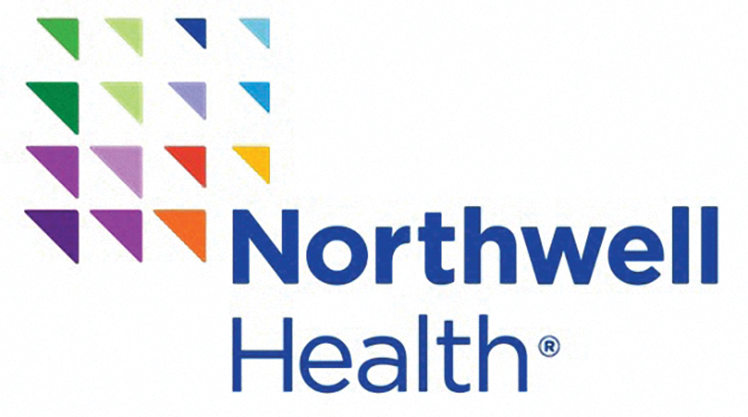- Home
- Media Kit
- Current Issue
- Past Issues
- Ad Specs-Submission
- Ad Print Settings
- Reprints (PDF)
- Photo Specifications (PDF)
- Contact Us


![]()
ONLINE

From Medical School
to the Navy
Editors’ Note
Tyler Lopachin is an ensign in the US Navy who was commissioned as a lieutenant at the Zucker School of Medicine at Hofstra/Northwell’s recent commencement. Now that he has graduated from medical school, he will be training in emergency medicine at the Naval Medical Center Portsmouth, Virginia.
Will you discuss your experience as a recent graduate of the Zucker School of Medicine at Hofstra/Northwell?
The biggest advantage of Zucker was the patient care we were able to engage in right away, which was amazing. The fact that we became EMTs immediately and, during the first week of medical school, I was in the back of an ambulance riding with a critically ill patient going to the hospital and seeing that patient’s initial care was extraordinary.
It ultimately led me into emergency medicine. We had our initial clinical experiences early as well, so I got to treat patients and gather history and physical symptoms a few months into medical school; many other institutions don’t do that. That is what drew me to apply to this school.
Are the importance of the personal touch and human connection with patients taught at the school or has this been lost as a result of technology?
I don’t think these have been lost. I have heard from those at other medical schools that there has been a bigger push for video lectures so, for the first two years, students can hang out at home and watch their lectures at double speed.
Zucker has mandatory attendance, which means we had to come in. I was happy about that, because I wanted to come in and speak with those from whom I was learning. Also, we were constantly in patients’ rooms talking to people. Through this communication early on, they taught us how to talk to patients as their care providers.
This is more difficult than one would think. I figured that I could walk in and talk to patients because I had worked in customer service, but it’s tough to do when you need to explain something really complicated, like heart failure, to someone with no medical knowledge.
How broad was the curriculum when it comes to experiencing the whole continuum of healthcare and did it provide you an opportunity to see many different aspects of medicine?
Yes, especially in the third year when we were working across six different specialties in a few weeks – we got to see many branches of medicine. If we were super interested in a certain area, they offered us a chance to get more experience in that area.
Would you discuss the level of talent of the student body at Zucker?
I made 99 close friends among my class of 100 and a few best friends – I have a feeling that our alumni group is going to be very strong.
Because it was a hard school to get into, it drove me to be my best self. I come from Emerson College (Boston, MA), which is a film school, and I was surrounded by people who went to Harvard and Yale. This forced me to push myself harder and give Zucker everything I had.
Having people who are already at the top of their respective fields and classes coming into Zucker upped the playing field. Also, having people who were genuinely excited to be there and to learn made it so much easier when we would study since everyone would put in the work.![]()